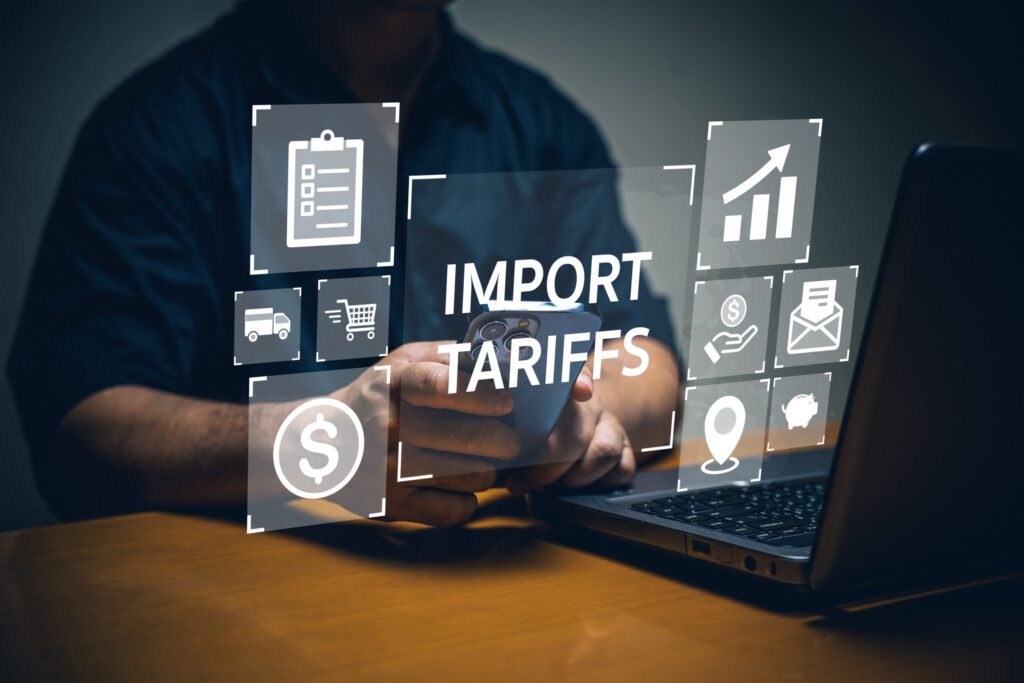There is a lesser-known opportunity for companies purchasing goods internationally, particularly from China, to reduce their landed costs and mitigate tariffs. We’ll explore the option known as “First Sale” in this article.
Read also: The Impact of Tariff Reforms on Emerging Market Trade Flows
We have been successful in numerous “First Sale” engagements that have provided savings from 10-20% of duty costs at the time of customs clearance into the United States.
Importers seeking opportunities to reduce landed costs should assess whether the opportunity to take advantage of the “First Sale” ruling from Customs Border & Protection (CBP) might be open to them.
Basically, the program acknowledges that many foreign purchases are not made directly with overseas factories, but through intermediaries, often referred to as “buying agents”.
CBP opens the door of opportunity in certain import transactions where the fee or commission paid to the intermediary can be deducted from the value declared to CBP. This makes the “First Sale” rule very advantageous in tariff mitigation and in reducing landed costs.
Do not assume, however, that First Sale declaration applies to all purchases through intermediaries. Check with qualified consultants, attorneys and customhouse brokers to ensure compliance.
Accessing the program can be challenging and requires the following steps to meet all the requirements that CBP may challenge you in:
- You will need to bring the manufacturer and the intermediary into the First Sale process, which may require some serious and mandated requests, as they will be divulging their financial arrangements that may or may not have instead of been transparent previously
- You need to diligently assess your supply chain to ensure you can utilize First Sale both financially and compliantly.
- Importers must comply with all CBP regulations and anticipated scrutiny with intense documentation and recordkeeping procedures.
- Additionally, this will require full cooperation and support from the manufacturer, intermediary/buying agent and your customhouse broker.
- The burden of proof lies with the importer to provide adequate documentation supporting the use of the first sale value. This requires careful recordkeeping and process management.
- Keep in mind that CBP, in evaluating your utilization of the First Sale Option, may not agree.
- You can always obtain a binding ruling from CBP proactively or in most cases utilize the resources of consultants and attorneys who specialize in trade compliance. Experienced customhouse brokers may also be of assistance with the First Sale process.
- The pictorial below from Asis Briefing depicts the First Sale Export/Import Transaction Flow:
Conclusion
The first sale doctrine helps businesses lower import values and tariffs when importing goods into the United States. By using this tool, importers can gain a market advantage, boost profitability, and better manage their “landed costs”. Compliance and thorough documentation are crucial to maximize benefits and minimize risks.

